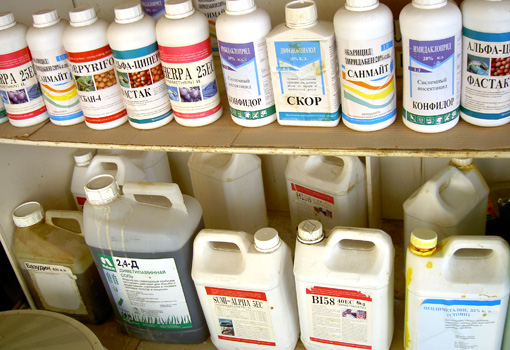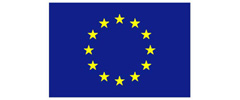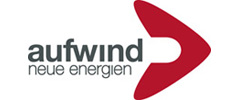Inventory report published - WECF project on Chemical Safety in Georgia finalised
An analysis of the chemical legislation and the situation regarding hazardous chemicals and their alternatives in the agricultural and construction sectors in Georgia
25.02.2013 |WECF

Most importantly it documents that very little information is available, and that there are major gaps in both, government monitoring of hazardous chemicals and in the legal framework regulating them.
The primary reasons for these gaps are:
- the weakening of the main chemical safety law since 2003 in order to liberalize the economy
- the decline in resources available to government departments responsible for monitoring and enforcing the laws and regulations that do remain.
The legal framework for regulation and registration of pesticides is still intact, though the staff needed to implement it, have been reduced drastically in the last decade. For non-agricultural chemicals, the legal framework is confusing and often unenforceable.
Furthermore, the report gives a short assessment of asbestos and other harmful construction materials in Georgia and recommends alternative safe construction materials. The report also includes a short assessment of toxic pesticides in Georgia, together with a description of safe alternatives.
The report was presented at a high level conference in May 2012 with participants from government, private sector, plant protection companies, farmers and NGOs. Participants agreed that the report correctly identified the gaps in legislation and practice, and that the agriculture and construction sectors were two of the highest concern. Many government staff noted that the issues were not new to them since they were already working on them, but added that this was one of the first times that this information was collected together and presented to all stakeholders in a consolidated way.
The report has been send to the ministry of agriculture, health, environment and to the parliament. The ministry of environment responded by thanking and recognizing the urgency of the issue.
It is very much hoped that the new government in Georgia will be changing the situation to the better, while still a lot of work by the NGO coalition is to be done.
Chemical safety project in Georgia finalized
The project ‘Reducing the use of hazardous chemicals in developing countries: potential of implementing safer chemicals including non-chemical alternatives - tools for Georgia and the EECCA region’ has been successfully finalized and was an important step towards improved chemical safety in Georgia.The main outcomes are:
- two replicable training tools on pesticides and alternatives, and on asbestos and ecological building
- a demonstration garden showing several non harmful pesticides and other non-chemical pest management tools
- a conference hall in the existing demonstration center made of straw balls and other ecological building materials, able to host around 100 people.
- publications: inventory report summarizing a wide range of chemical safety issues, a professional, extensive pesticides handbook and other awareness raising publications.
- the first ever database on pesticides available on the Georgian market, including their risks for health and environment
- round table and high level conference raising awareness among a broad range of stakeholders on the policy vacuum on chemical safety
The project has been a major advance in promoting chemical safety in Georgia. The vacuum in policy created by political and economic transitions in recent years has created a situation in which there is little awareness of chemical safety issues. Furthermore, the ability to regulate chemical use and to protect workers and the public has declined. This project has raised awareness both among policy makers and the public, built alliances among government, private sector, and non-government organizations. It demonstrated viable alternatives to the most hazardous chemicals in the construction and agriculture sectors, and raised the capacity of public officials and NGO staff to continue to deal with the daunting issues of chemical safety, across the country.
The project has produced the following lessons:
- Changes in public policy require the re-engagement of government, civil society and the private sectors in dealing with chemical safety issues.
- There are experienced people in all three of these sectors willing to work together on chemical safety.
- The lack of a sound legislative framework hampers the ability of all sectors to make meaningful progress on chemical safety.
- There is openness in all sectors to dealing with chemical safety issues in a mutually constructive way.
It is early days for most chemical safety issues in Georgia, and the project has done an excellent job of reaching out in all sectors. But still there is a limited number of people, organizations, companies, and government officials who recognize the scope of the problem and the urgency of alternatives. So work like this will need to continue to raise awareness and introduce new solutions, policies and practices.
Related News
Meet the Winners of the Gender Just Climate Solutions Award at COP24
On the 70th anniversary of the Universal Declaration of Human Rights, we awarded Gender Just Climate Solutions Winners at the climate negotiations in Katowice, Poland
11.12.2018
Invitation: Gender Just Climate Solutions Award 2018
10 December, COP24 Katowice
04.12.2018
Getting to the Future We Want
4-7 November, Brussels: European Environmental Bureau’s (EEB) Annual Conference
12.11.2018
GoodFood4All
WECF and partners all over Europe start GoodFood4All Campaign
06.11.2018
#Ruralwomen: join our Women2030 campaign!
15.10.2018







































